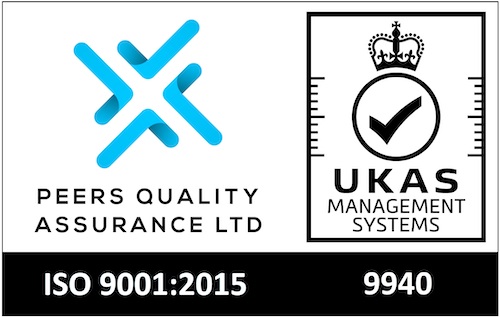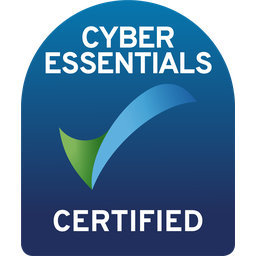DBS Checks For Care
MyVetting.com provides online DBS Checks from care assistants and nurses to chiropodists, hairdressers and activities organisers, a care team is comprised of many people with different levels of access to residents. In care, many roles require direct contact with vulnerable adults, whether through are or social or medical need. An Enhanced DBS check is frequently a condition of employment within a care setting. At MyVetting.com, we run online DBS checks for all types of care roles, with affordable DBS check costs for carers at the core of our service.
Start an Online DBS Check
Registration is free and gives you access to our DBS check dashboard from where you can manage all DBS checks. Our simple three-step process lets you buy, send and track checks in minutes. Our fully digital system means that you can send checks straight to your applicants’ email so they can complete their DBS check online for carers, nurses, activities co-ordinators, dementia specialist staff, housekeeping and care home management teams. Smart, fast and secure, MyVetting.com reaches applicants and potential team members instantly to make your onboarding seamless.
Send DBS Check Requests to Your Applicants
Enhanced, Standard or Basic DBS In Care
Rather than have a complicated DBS application form, our online application lets potential team members apply digitally in seconds. Nothing is more important than safeguarding vulnerable adults in residential or nursing care, with dementia and physical decline an everyday reality. MyVetting.com’s online Enhanced DBS checks for care staff ensures that the safety and wellbeing of residents and other team members is a top priority.
Different roles within care settings may require varying levels of DBS. An Enhanced DBS Check is required in roles involving regular contact with vulnerable adults, such as nurses and carers in a care setting. A Standard DBS Check may be requested for roles with less frequent or limited contact with vulnerable adults, such as administrative or catering staff. However, some care settings request that all team members have an Enhanced DBS Checks.
At MyVetting.com, we’re targeting 5-10 days for DBS checks to be returned. MyVetting.com can help answer your DBS questions and we’re here to support you through an online, digital DBS check.
Start Your Enhanced DBS check for Care Home Staff
Who needs a DBS check for Care Home Staff?
Typically, care home staff are required to undergo a Disclosure and Barring Service (DBS) check in the United Kingdom. DBS checks are a crucial part of the recruitment process in the care sector, particularly for roles that involve working with vulnerable individuals, such as the elderly or those with disabilities.
The level of DBS check required may vary based on the specific role and the nature of the care provided. In a care home setting, where staff are responsible for the well-being of residents, an Enhanced DBS check is commonly required. It’s important for care home operators and managers to adhere to legal and regulatory requirements regarding DBS checks, as they contribute to the safeguarding of residents and help create a safe and secure environment within care facilities.
Common roles that will require a DBS Check within care settings include:
- Physiotherapists
- Speech and Language Therapists
- Psychologists
- Dietitians
- Palliative Care Workers
- Rehabilitation Support Workers
- Domestic and Catering Staff
- Support Planners/Coordinators
- Community Care Managers
If you are looking for a career in care follow the link below
https://www.healthcareers.nhs.uk/working-health/your-nhs-career
Did you know that we also run Right to Work Checks?
Enhanced DBS Checks For Dementia Care Specialists
In the context of care for individuals with dementia, Enhanced DBS checks play a crucial role in ensuring the safety and well-being of vulnerable individuals. For dementia care specialists, who often work closely with individuals experiencing cognitive challenges, an Enhanced DBS check is typically required. Individuals with dementia may be more susceptible to exploitation or harm.
An Enhanced DBS check helps identify any history of relevant criminal offenses that might pose a risk to the safety and well-being of individuals under the care of dementia specialists. Care providers and organisations in the healthcare sector are often subject to regulatory requirements that mandate Enhanced DBS checks for staff working with vulnerable groups. Compliance with these regulations is essential for the legal and ethical operation of care services.
Start Enhanced DBS Check
Enhanced DBS Checks For Care Home Support Staff
Enhanced DBS checks are commonly required for care home support staff in the United Kingdom, with care DBS checks playing a crucial role with those working closely with vulnerable individuals. As well as providing a comprehensive examination of an individual’s criminal history, which is essential to know before allowing staff to work with vulnerable individuals, the presence of enhanced DBS checks for carers can help to build trust with residents and their families.





